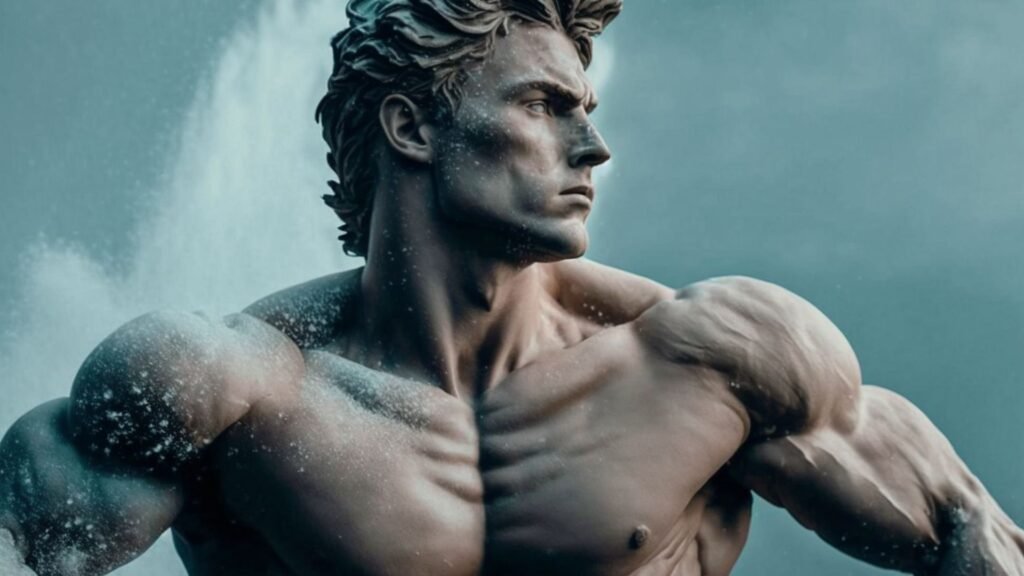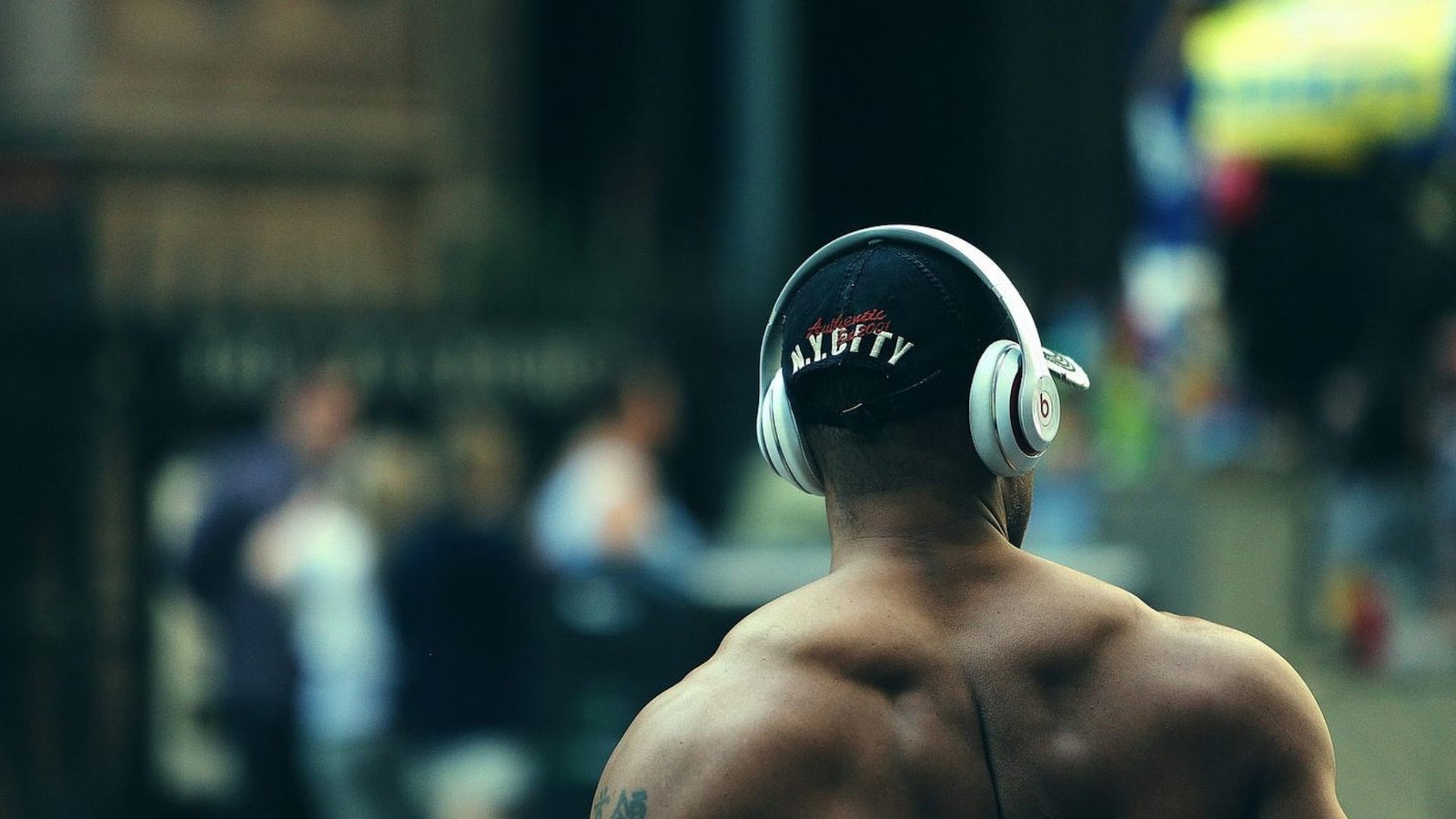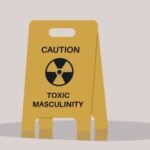Top Challenges to Traditional Masculinity in Today’s Society
Traditional masculinity has long been characterized by rigid stereotypes and expectations, often emphasizing traits like stoicism, dominance, and emotional restraint. However, today’s society presents numerous challenges to these traditional notions, leading to a redefinition of what it means to be a man. This article explores the top challenges to traditional masculinity, including evolving gender roles, increasing mental health awareness, and changing social norms.

Evolving Gender Roles
Gender roles are evolving, challenging traditional views of masculinity. Modern society increasingly recognizes the fluidity of gender and the importance of diverse roles in both personal and professional spheres.
Challenges:
- Role Reversal: The rise of women in leadership positions and the increasing acceptance of men in caregiving roles challenge traditional expectations of masculinity.
- Work-Life Balance: The expectation that men should prioritize work over family life is being questioned as more men seek a balance between career and personal responsibilities.
- Shared Parenting: Growing acceptance of shared parenting roles challenges the traditional view of men as primary breadwinners and women as primary caregivers.
Impact:
These changes push men to reassess their roles and responsibilities, fostering a more inclusive understanding of masculinity that values flexibility and shared responsibilities.
Increased Focus on Mental Health
Overview:
Mental health awareness is growing, challenging the traditional masculine ideal of emotional restraint. Modern society increasingly recognizes the importance of mental health and emotional well-being.
Challenges:
- Breaking Stigma: Traditional masculinity often discourages men from discussing their mental health struggles, leading to stigma and reluctance to seek help.
- Emotional Expression: The shift towards valuing emotional openness and vulnerability conflicts with traditional views that equate masculinity with emotional control and toughness.
- Support Systems: The growing emphasis on mental health support and therapy challenges the notion that men should handle emotional issues independently.
Impact:
Embracing mental health awareness encourages men to seek help, express emotions openly, and prioritize their well-being, challenging outdated notions of masculinity.
Changing Social Norms
Social norms are shifting, challenging traditional masculinity and promoting a more inclusive and diverse understanding of manhood.
Challenges:
- Gender Fluidity: Increasing recognition of gender fluidity and non-binary identities challenges the traditional binary understanding of gender roles.
- Redefinition of Strength: Modern norms redefine strength to include empathy, collaboration, and emotional intelligence, rather than just physical prowess or dominance.
- Inclusivity: The push for greater inclusivity and acceptance of diverse identities challenges traditional masculine ideals that have historically marginalized certain groups.
Impact:
Changing social norms encourage a broader and more inclusive understanding of masculinity, embracing a range of identities and expressions.
Cultural Shifts in Media and Representation
Media and popular culture are playing a significant role in challenging traditional masculinity by presenting diverse and nuanced portrayals of men.
Challenges:
- Diverse Portrayals: Media representations that challenge traditional masculine stereotypes—such as men showing vulnerability or engaging in non-traditional roles—are becoming more prevalent.
- Counter-Stereotypical Role Models: The emergence of role models who defy conventional masculine norms encourages a re-evaluation of what it means to be a man.
- Media Critique: Increased scrutiny of media portrayals that reinforce outdated masculine stereotypes prompts a push for more balanced and progressive representations.
Impact:
Cultural shifts in media and representation help challenge and reshape traditional masculine ideals, fostering a more inclusive view of manhood.
Advancements in Gender Equality
Advancements in gender equality challenge traditional masculinity by promoting equal opportunities and challenging discriminatory practices.
Challenges:
- Workplace Equality: Efforts to achieve gender equality in the workplace challenge traditional roles and expectations of men as primary providers.
- Educational Opportunities: Gender equality initiatives in education promote equal opportunities for all genders, challenging traditional academic and career paths.
- Legislation and Policy: Legal advancements promoting gender equality challenge practices that reinforce traditional masculine norms and discrimination.
Impact:
Advancements in gender equality promote a fairer and more inclusive society, encouraging men to engage with and support gender equality efforts.
The Impact of Intersectionality
Intersectionality—recognizing how various forms of discrimination overlap—challenges traditional masculinity by highlighting diverse experiences and identities.
Challenges:
- Multiple Identities: Intersectionality reveals how factors such as race, sexual orientation, and socioeconomic status intersect with gender, challenging a one-size-fits-all approach to masculinity.
- Inclusive Masculinity: The need for inclusive masculinity that acknowledges and respects diverse identities and experiences challenges traditional, singular notions of manhood.
- Equity and Justice: Addressing intersectional issues requires a broader understanding of masculinity that incorporates social justice and equity considerations.
Impact:
Embracing intersectionality fosters a more nuanced and inclusive understanding of masculinity, recognizing and valuing diverse experiences and identities.
Conclusion
The challenges to traditional masculinity in today’s society—ranging from evolving gender roles and increased mental health awareness to changing social norms and media representation—are reshaping our understanding of what it means to be a man. By confronting outdated stereotypes and embracing a more inclusive and empathetic view of masculinity, individuals and society as a whole can foster a healthier and more equitable environment for all. These changes not only benefit men but also contribute to a more inclusive and supportive society.



